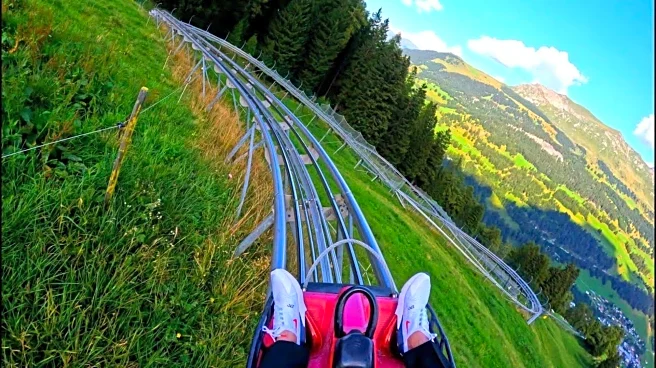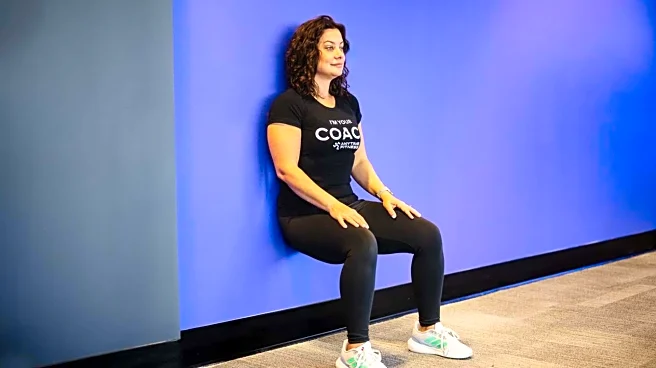The Customs department in Kerala recently carried out widespread raids at the homes of several Malayalam film actors as part of an investigation into luxury car smuggling. The operation, code-named Numkhor,
targeted residences, car showrooms, and other premises across the state. Officials say the crackdown followed suspicions that high-end vehicles were being illegally brought into India from Bhutan using forged documents and then registered locally to avoid hefty import duties and taxes. Among those raided were the homes of well-known actors Dulquer Salmaan, Prithviraj Sukumaran, and Amith Chakkalackal.
During the raids, authorities reportedly seized several vehicles, including two linked to Dulquer Salmaan and multiple cars traced to Amith Chakkalackal. While Prithviraj’s premises were searched, reports so far indicate no cars were confiscated from his residence. Investigators believe the smuggling network may involve hundreds of vehicles and could have cost the exchequer crores in lost revenue. The actors have been asked to furnish ownership records and purchase documents to prove that their acquisitions were legitimate.
What Is Operation Numkhor?
Operation Numkhor is the code name given by the Customs department to its probe into the large-scale luxury vehicle smuggling racket. The word “numkhor” means “vehicle” in Bhutanese, a nod to the alleged origin of many of the cars under investigation. According to reports, the racket involved importing high-end vehicles from Bhutan into India by misusing special exemptions and then re-registering them using forged documents. This allowed smugglers to bypass customs duties and taxes, making the cars available at prices far below their legal market value.
The operation has uncovered that these cars were often registered in states like Himachal Pradesh before being brought down to Kerala and given new number plates. Once here, they were sold or transferred to wealthy buyers, including celebrities, under the guise of legitimate purchases. Customs officials say that over 150 vehicles may be part of this network, with raids already resulting in the seizure of dozens of cars.
What Was The Modus Operandi Of This Racket?
According to reports, smugglers sourced high-end second-hand SUVs and other luxury cars from Bhutan — including vehicles reportedly abandoned by the Royal Bhutan Army — and moved them across the border into India either packed in containers, in knocked-down condition, or driven in under the cover of “tourist” movements. Once inside India, the vehicles were routed through intermediary agents and transport hubs in border and hill states where registrations and paperwork could be manufactured more easily. Customs officers say this initial cross-border movement let the network avoid paying the full import duties that would apply to legally imported luxury cars.
To make the imports look legitimate, the gang allegedly relied on forged and fraudulently obtained documents: fake No Objection Certificates, counterfeit Army or foreign-mission seals, forged bills of entry, and sham addresses. Vehicles were often given temporary or permanent registrations in states such as Himachal Pradesh (HP series) and other far-flung RTOs using bogus owner details; those number plates and records were later swapped or “cleaned” through re-registration, sale, or paperwork manipulation so the cars could be driven and sold in Kerala without immediate suspicion. Investigators also found evidence of digital-portal misuse and tampered transport app records to support the false paper trail.
After acquiring apparent legal cover, the cars were sold through a network of dealers, showrooms and middlemen to buyers — sometimes wealthy individuals and public figures — at prices undercutting lawful imports but still profitable for the racketeers. Customs say the setup involved several layers (agents who handled imports, registrars who created fake records, and local sellers who distributed the vehicles), which made tracing ownership and proving intent difficult. This is why the enforcement action has targeted multiple residences, showrooms and storage sites simultaneously to seize cars and paper evidence for forensic examination.
What Was The Role Of The Actors Who Were Raided?
The actors whose residences were raided — including Dulquer Salmaan, Prithviraj Sukumaran, and Amith Chakkalackal — came under the Customs department’s scanner because luxury cars registered in their names appeared in the investigation trail. In Dulquer’s case, officials seized two vehicles suspected to be part of the smuggling network, while multiple cars linked to Amith Chakkalackal were also taken into custody. Prithviraj’s home was searched as well, but reports indicate that no vehicles were confiscated from his premises. The raids were aimed at verifying whether these high-profile owners had proper documentation for their vehicles or whether they unknowingly became end-users of illegally imported cars.
So far, there is no conclusive evidence suggesting that these actors themselves were directly involved in smuggling or document forgery. Investigators are primarily examining whether the celebrities purchased the vehicles through trusted dealers without realising the cars had dubious import histories, or if there was conscious participation in avoiding duties. Customs officials have directed them to present sale agreements, registration papers, and tax records to establish the legitimacy of ownership. Their role in the case, therefore, is still being determined, and much will depend on whether their paperwork can prove they were bona fide buyers rather than complicit partners in the racket.




/images/ppid_a911dc6a-image-177100042462595765.webp)

/images/ppid_a911dc6a-image-177100003665395152.webp)
/images/ppid_a911dc6a-image-177100010230548853.webp)
/images/ppid_59c68470-image-177100002975460427.webp)






